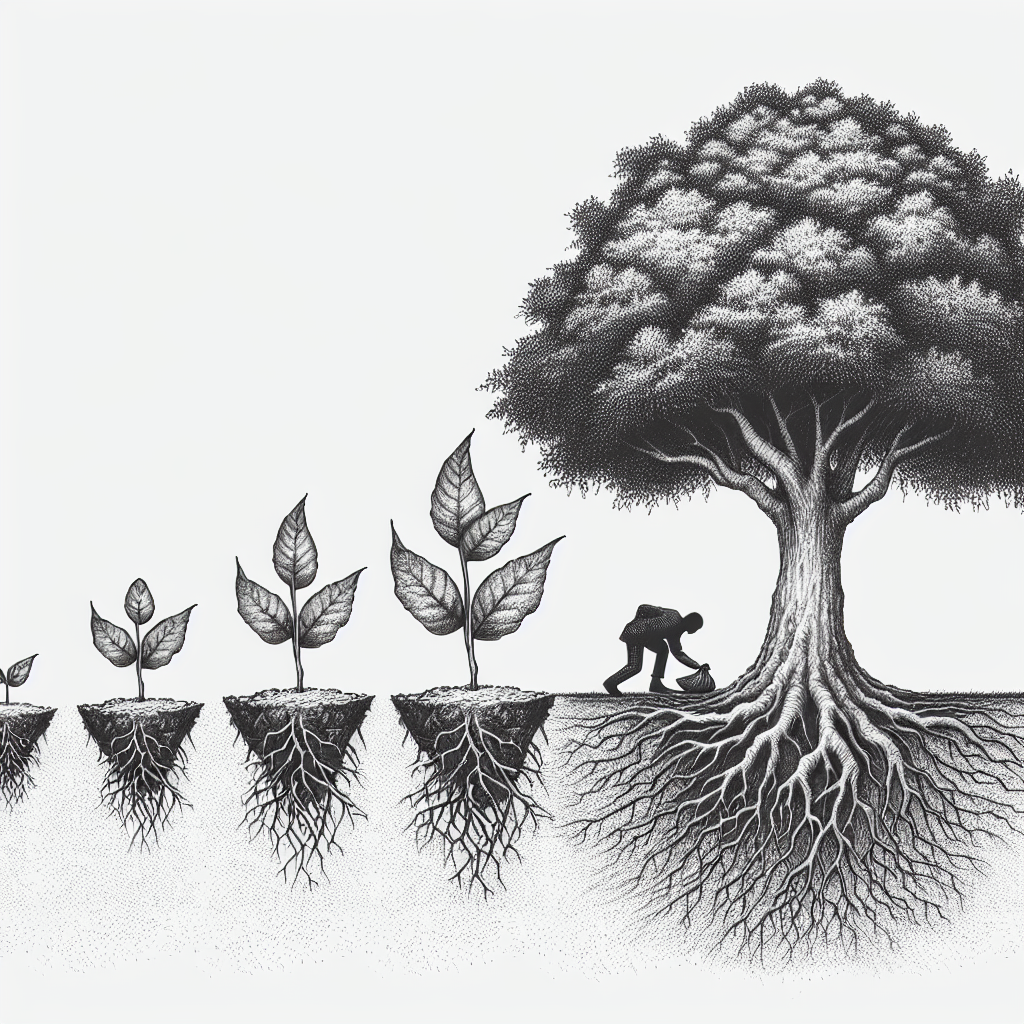But what exactly is a growth mindset? And why has it become such a crucial element in everything from personal development to educational strategies?
First, let’s delve into the fundamentals. The term “growth mindset” was first coined by psychologist Carol Dweck. In simple terms, it refers to the belief that intelligence, talent, and abilities aren’t fixed attributes. Instead, these are qualities that can be developed and cultivated through consistent efforts, a positive attitude, and a willingness to learn from mistakes.

Contrast this with a “fixed mindset”—a belief that our abilities are static and unchangeable. In this mindset, failure isn’t an opportunity for growth, but a definitive statement about our limitations. This kind of thinking can hinder progress and stifle potential.
Embracing a growth mindset, on the other hand, empowers individuals to become lifelong learners.
It promotes resilience, motivation, and a passion for learning, which are vital elements for success in today’s rapidly evolving world.
Education institutions have recognized the importance of fostering a growth mindset in students.
By encouraging students to view challenges as opportunities for learning rather than as obstacles, teachers can help students build resilience and develop a love for learning. This approach nurtures not only academic success but also personal development, equipping students with the tools and mindset necessary to navigate the complexities of life beyond the classroom.
The growth mindset isn’t just significant in education settings. It’s also a critical component in the world of business and entrepreneurship. Success in the business world often hinges on adaptability, innovation, and the ability to learn from mistakes.
Entrepreneurs and business leaders who embody a growth mindset are more likely to embrace challenges, persist in the face of setbacks, and see effort as a pathway to mastery.
More and more companies are recognizing the value of fostering a growth mindset within their teams. Businesses that encourage employees to develop new skills and learn from their mistakes are more likely to foster innovation, boost morale, and increase productivity.
Of course, adopting a growth mindset isn’t about ignoring our limitations or denying the existence of innate talents. Instead, it’s about acknowledging that while we may not be able to do something today, with effort and persistence, we can improve and develop over time.
To sum it all up, a growth mindset is a powerful tool for personal and professional development. It’s an empowering belief that with effort, dedication, and a positive attitude, we can continually learn, grow, and improve. So, whether you’re a student striving for academic success, an aspiring entrepreneur, or a seasoned professional seeking to stay ahead in your field, embracing a growth mindset can unlock your potential and pave the way for a lifetime of learning and success.